jmward21
Well-Known Member
I've been homebrewing for 2 months now and I've recently learned the importance of proper yeast pitching. So last week I washed and saved a Wyeast 1272 from an Irish Red. I saved it from the secondary which I'm not sure was right but I've seen from this forum where people wash from both primary and secondary.
Sanitizing the mason jars:
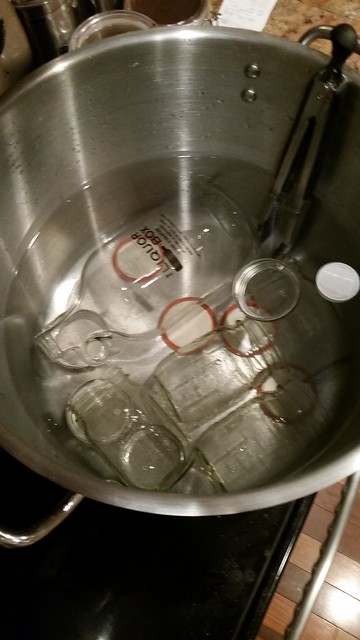
Washing the yeast:
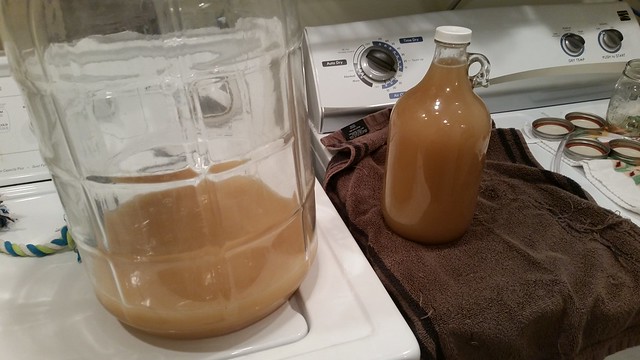
Settled Yeast:
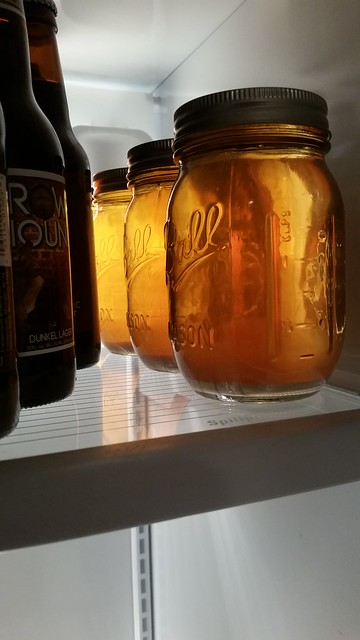
I made a simple stir plate that I copied from a fellow HBT member:
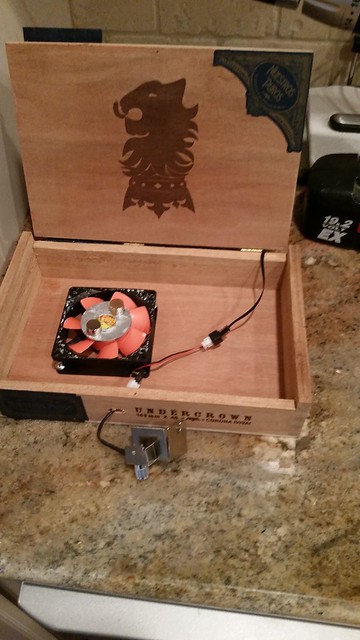
Boiled and cooled 2/3 cup LME with 2 cups water. I used LME because it is what I had. Everyone always used DME, so hopefully this was ok.
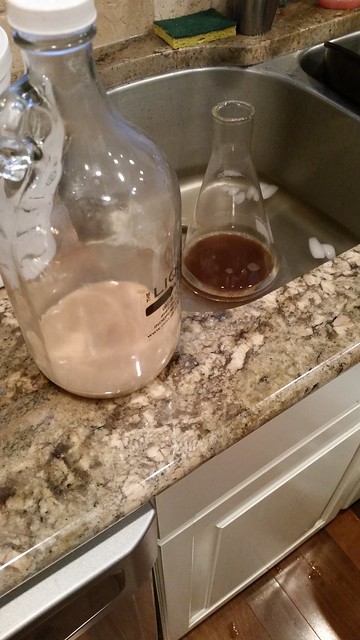
Pitched the yeast and started up the stir plate
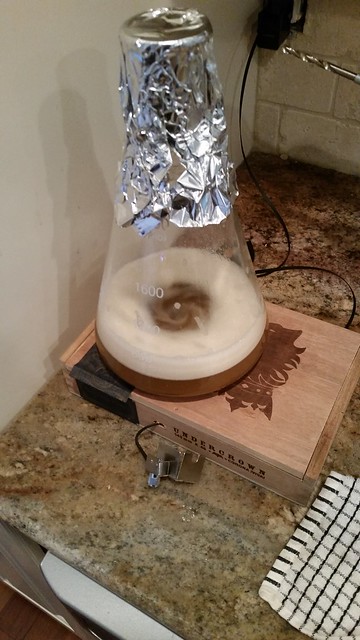
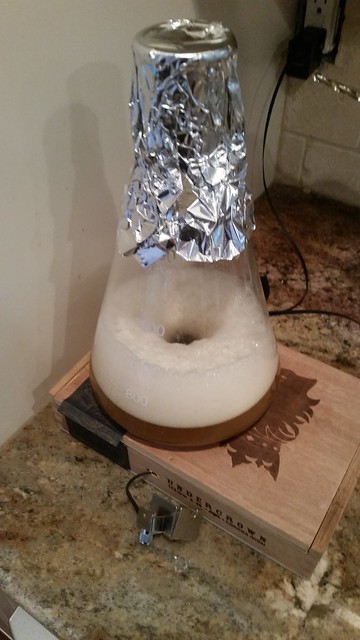
I let it run for 26 hours or so and it was still fermenting. I turned off the stir plate and let the yeast settle. I ended up pitching the entire starter since I didn;t want to waste any of the yeast.
Lessons Learned:
1) I need smaller flask. I have bought a variety pack off amazon (250ml up to 1000ml)
2) Make starters in advance to allow yeast to fully ferment.
3) Buy DME.
Does anybody have any feedback that can help my process? I'm trying to make the best beer I can so I am open to criticism.
Cheers
Sanitizing the mason jars:

Washing the yeast:

Settled Yeast:

I made a simple stir plate that I copied from a fellow HBT member:

Boiled and cooled 2/3 cup LME with 2 cups water. I used LME because it is what I had. Everyone always used DME, so hopefully this was ok.

Pitched the yeast and started up the stir plate


I let it run for 26 hours or so and it was still fermenting. I turned off the stir plate and let the yeast settle. I ended up pitching the entire starter since I didn;t want to waste any of the yeast.
Lessons Learned:
1) I need smaller flask. I have bought a variety pack off amazon (250ml up to 1000ml)
2) Make starters in advance to allow yeast to fully ferment.
3) Buy DME.
Does anybody have any feedback that can help my process? I'm trying to make the best beer I can so I am open to criticism.
Cheers


